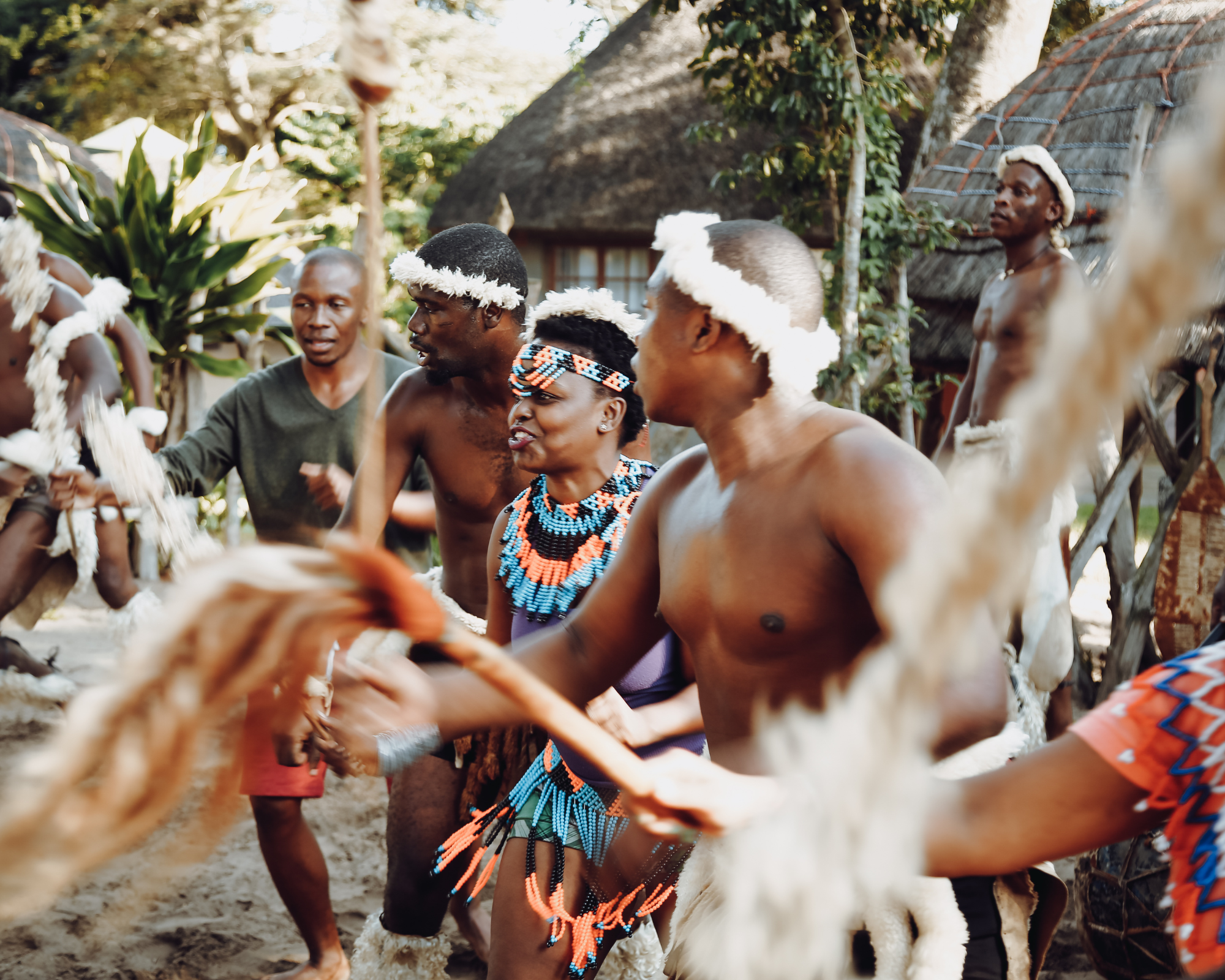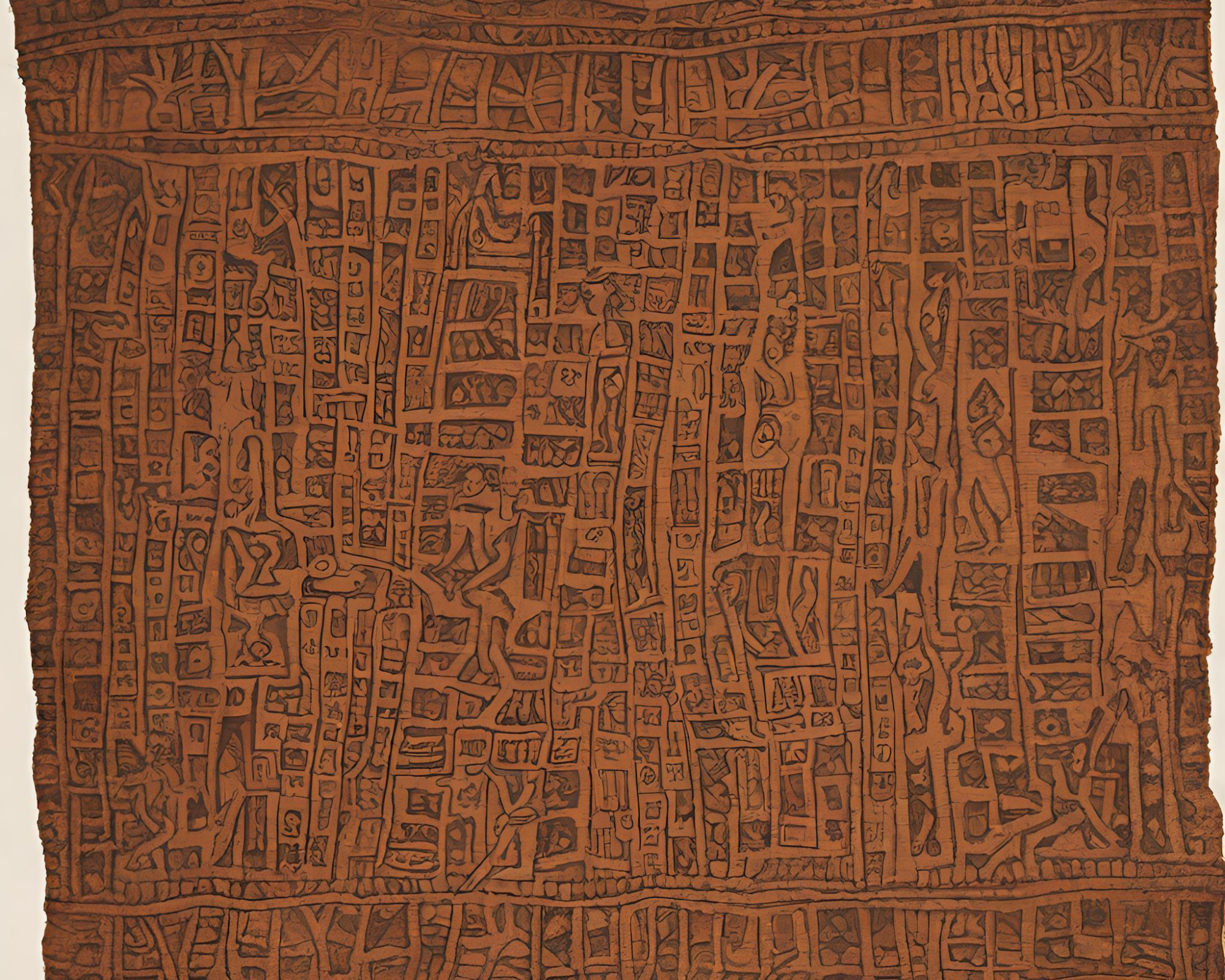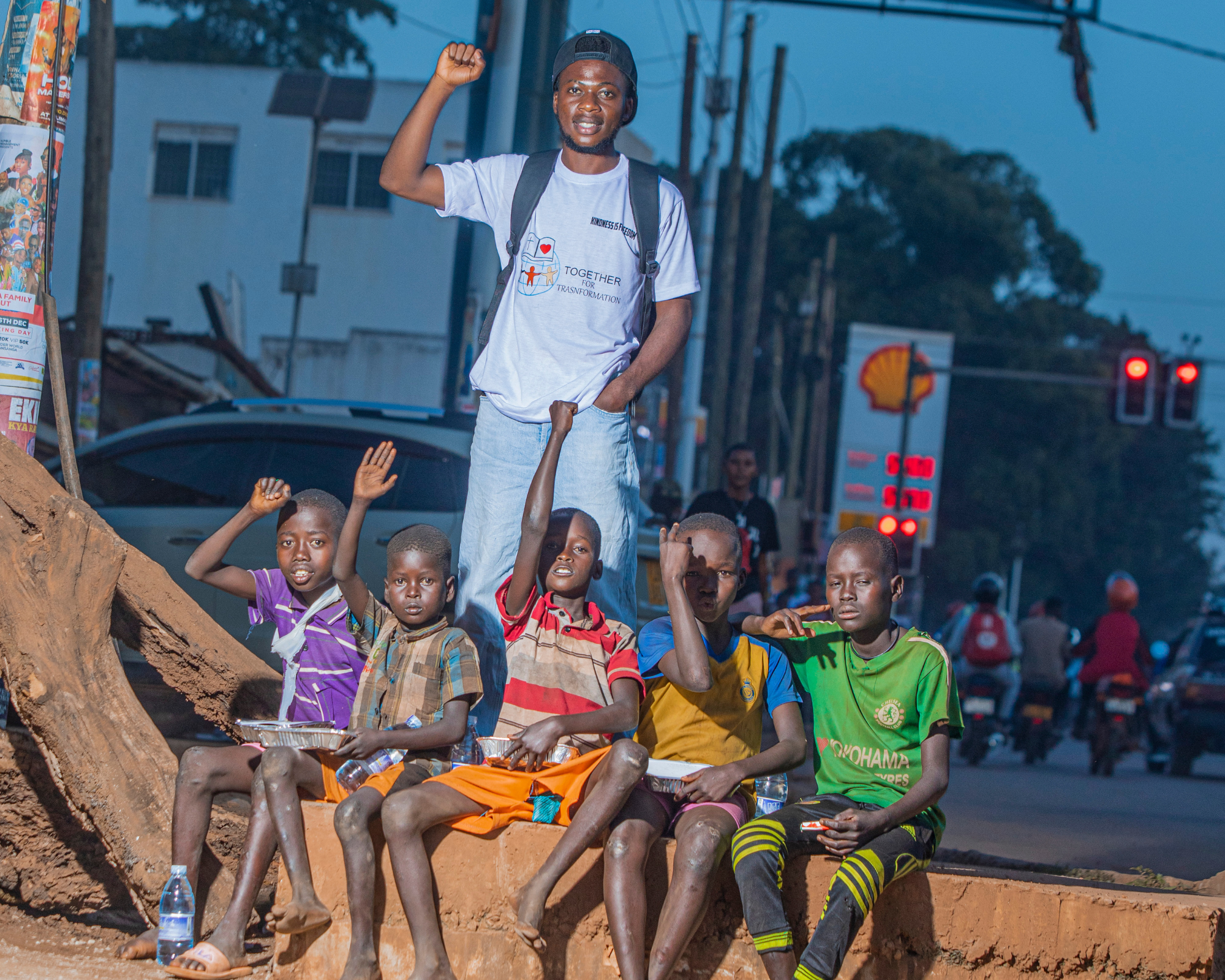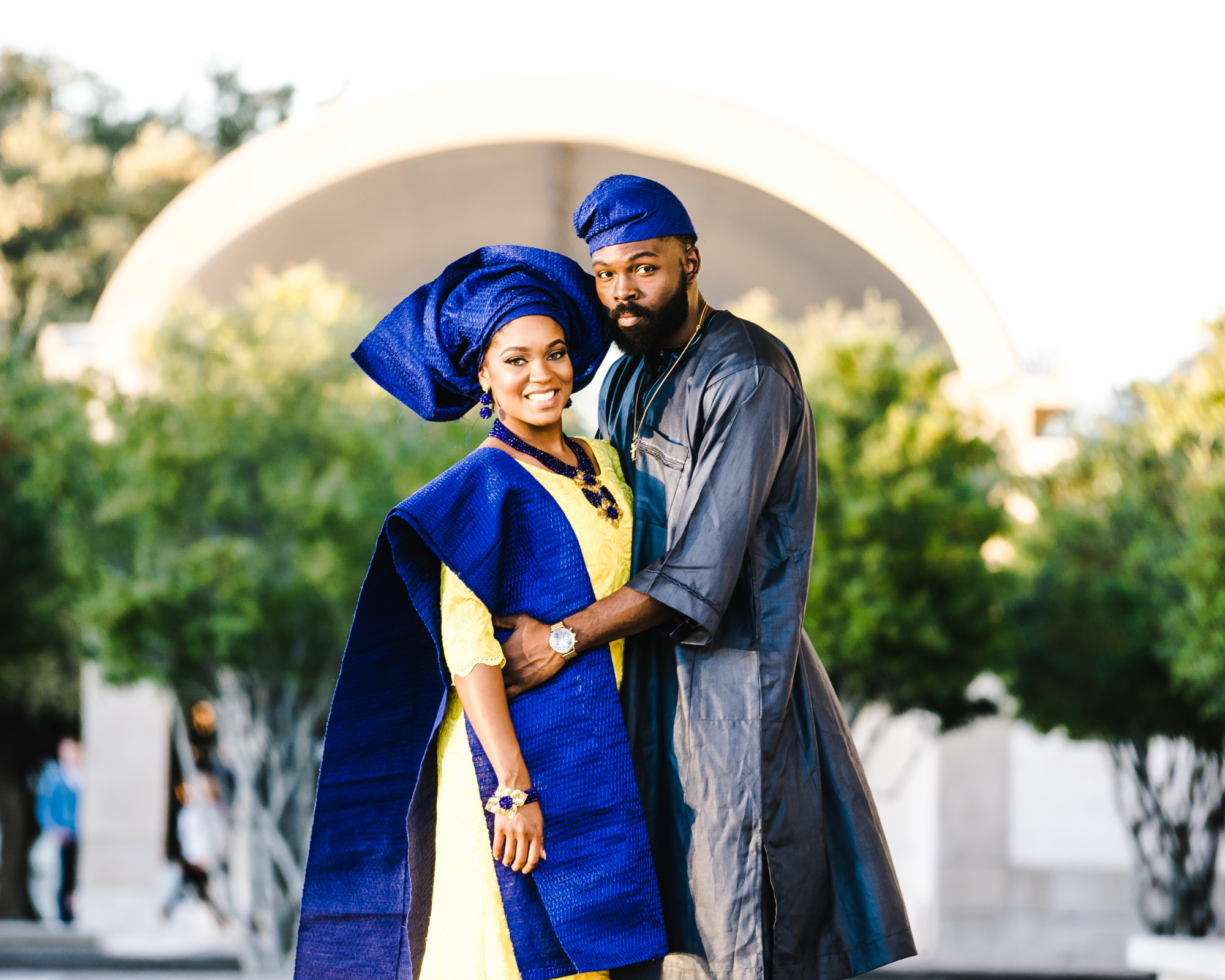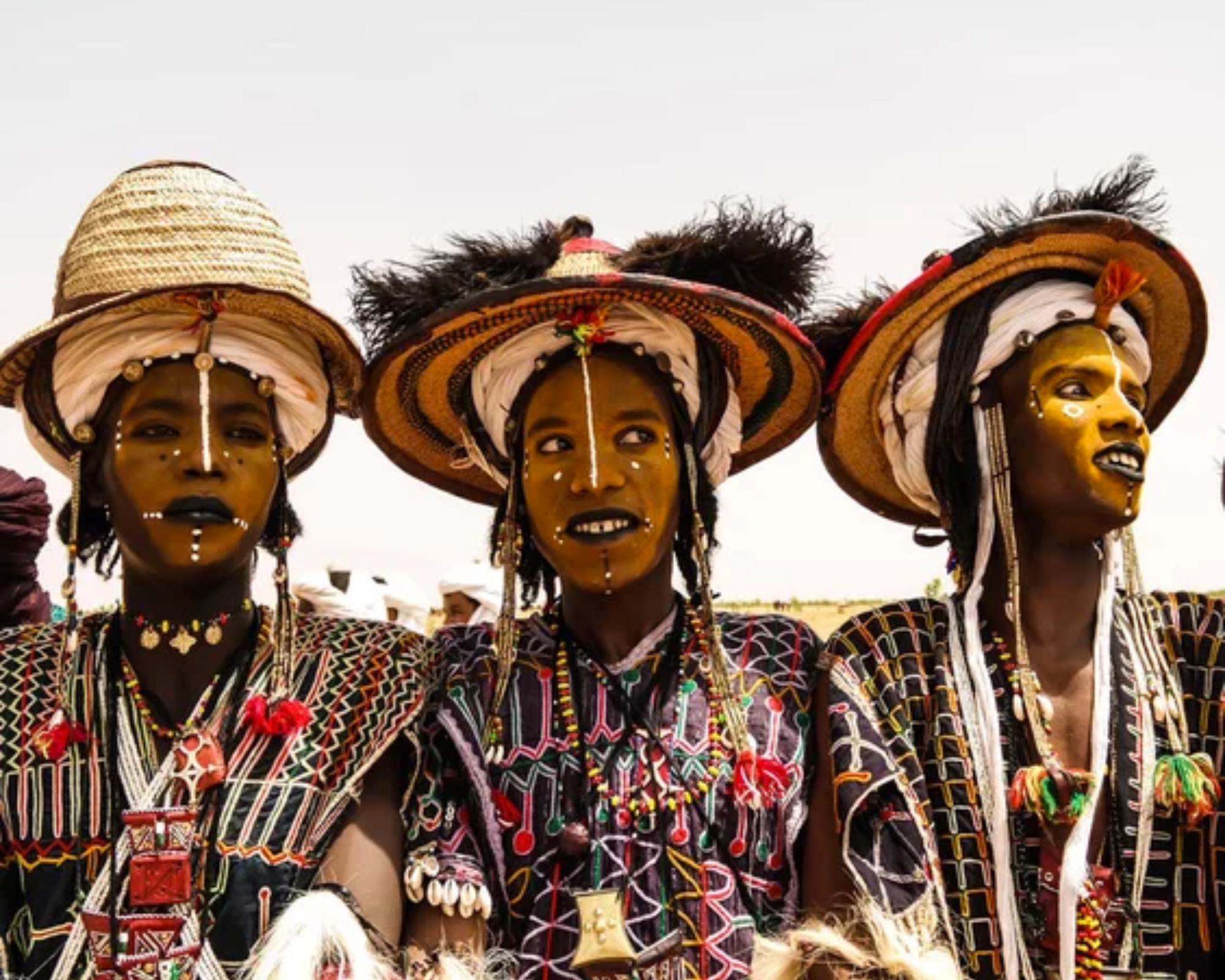Weddings are one of the most beautiful and colourful aspects of culture; Zulu weddings do not fall short of beauty and vibrancy. The Zulus are a well-known South African tribe, an energetic people with an amazing history of music, dance, and fashion. As fashion is one of the main components that adds charm to any gathering, Zulu weddings are a site for rich ancient styles blooming in modernity. Zulu fashion is different and fascinating; sometimes it is easily confused with that of other South African tribes. In this article, we will learn about Zulu cultural wedding attire for the bride and groom.
As it is for many other African cultures, clothing is both to cover and to set apart the different statuses and age groups in the community. This is the same for Zulu. Age and marital status are determinants of what a person wears in Zulu culture.
Beauty, Style, And A Colour Splash
The Zulus were fierce warriors and brave hunters; you must have heard about the popular feats of Shaka, a great king who ruled the land and united the people. This, in a way, influences their fashion. The basics of ancient Zulu clothing were made from animal skins or hides.
Men
The men wear hide aprons around their waists: Ibhesu to cover their buttocks, Umutsha (a beaded waist belt), and Isinene to cover their genitals. They also tie leather belts around their arms simply to show off their muscles. The ancient Zulu men would adorn themselves with as much jewellery as they could get, gotten from wild beasts and their immediate environments. This includes teeth, tails, and pieces of bone.
Women
The females wear a black hide skirt called the isidwaba. Unmarried girls would leave their upper bodies open, while the married and engaged would cover them with a piece of animal skin (isicwaya) or cloth. These young maidens adorn themselves with izincu (beads), worn as anklets, bracelets, knee bands, etc. The married women also wear a cone-shaped hat with a wide end called an isicholo. Although this has been adapted in the modern world as a cap, the shape of this headwear used to be achieved by weaving the woman’s hair with fibre and grass to show her marital status.
More Like This
Unbelievable Wedding Traditions from Diverse Cultures, the Third is Shocking
Sophistication With An Edge: Andrea Iyamah Bridal
Dress Code: The Best Way To Dress For A Cocktail Party
Christmas Gift: 6 Most Delectable Gift For Fab Friends
Modern Zulu Wedding
Anybody could wear the traditional dress to a Zulu wedding, but of course, with modernity comes a little tweak here and there. The couple could decide to have a number of dress changes, but for the traditional wedding, the bride and groom can go full-on with the traditional wedding attire.
The groom wears the full male regalia, and the bride wears Isidwaba and Isicwaya, decorated with beaded necklaces and other accessories. The isicholo, also known as Inkehli, decorated with beads is an important part of the bride’s dressing as it emphasises her change of marital status. The couple’s full traditional wedding attire is a celebration of the cultural heritage of the people; they often hold costumed spears and shields, a reminder of the origin of their race. The couple often looks like a warrior king and his queen stepping on stage for a festival.
Colour Motif
The Zulus are big on colours and accessorising; they accentuate the dull colours of the hide skirts and aprons with bright beaded accessories. Created following unique colour motifs, each colour has a meaning and every pattern a story. These colour letters were also used by maidens in bead designs to speak secretly to their lovers. Tour the world of African prints here.
Black: Marriage and birth
Red: Love
Blue: Faithfulness
Yellow: Wealth
Green: Contentment
Pink: Promise, highly status
White: Purity, Love, Spirituality, Hope




